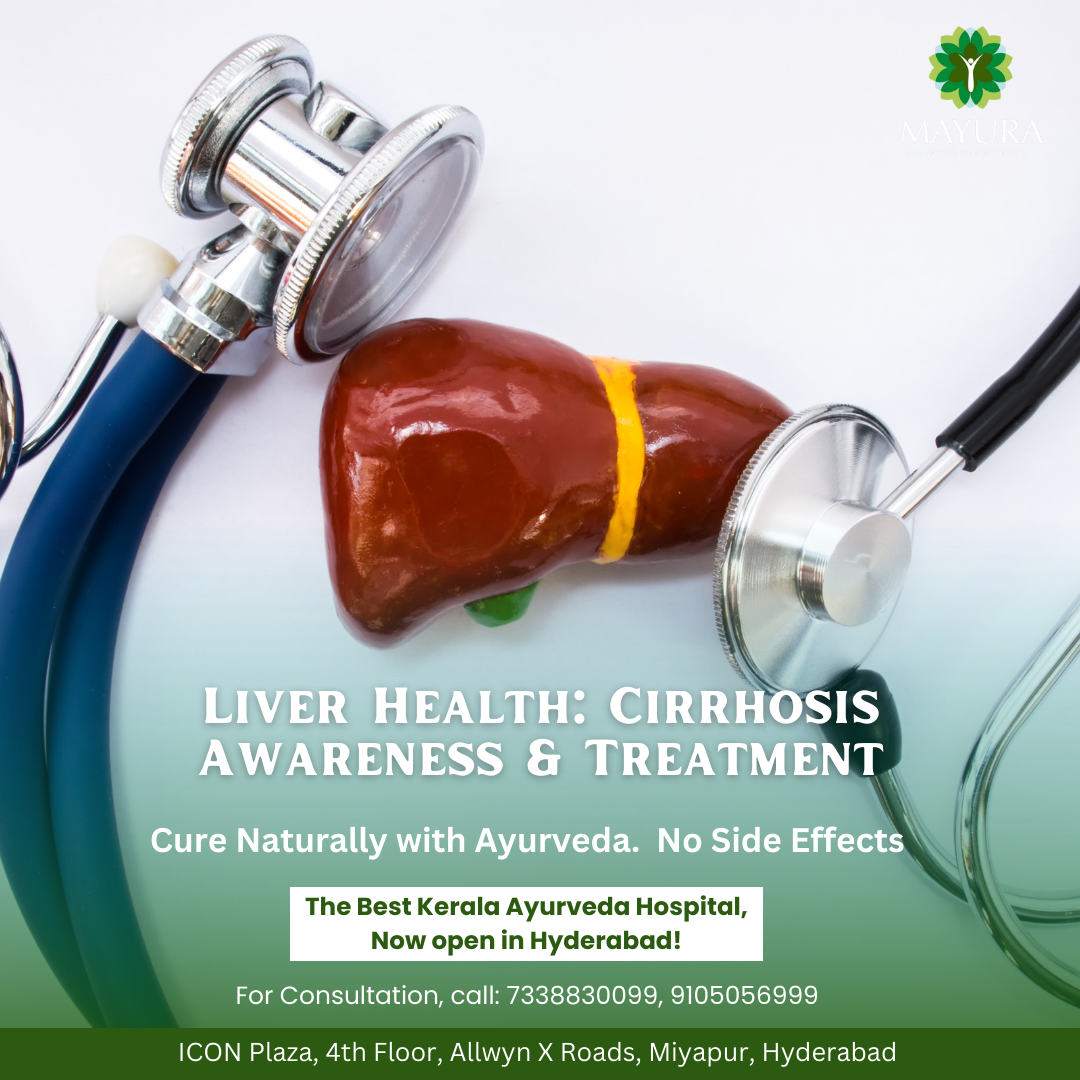Our liver silently performs over 500 vital functions, making it one of the most critical organs in our body. It plays a central role in detoxification, metabolism, protein synthesis, and bile production, all essential for maintaining overall health. However, like any other organ, the liver is susceptible to damage and disease. One such condition is cirrhosis, a severe and progressive liver disease.
Understanding Liver Health:
Maintaining good liver health is crucial for overall well-being. Here are some key aspects to consider:
Healthy Diet: A balanced diet rich in fruits, vegetables, and whole grains provides your liver with the essential nutrients it needs to function optimally. Limit processed foods, saturated fats, and excessive sugar, as these can contribute to fatty liver disease, a risk factor for cirrhosis.
Exercise Regularly: Regular physical activity helps maintain a healthy weight, reducing the strain on your liver. Aim for at least 30 minutes of moderate-intensity exercise most days of the week.
Limit Alcohol Consumption: Excessive alcohol consumption is a leading cause of liver damage. If you choose to drink alcohol, do so in moderation.
Avoid Toxins: Certain toxins, including those found in some medications, recreational drugs, and environmental pollutants, can damage the liver. Be mindful of potential sources of toxins and take steps to minimize exposure.
Get Vaccinated: Vaccinations against hepatitis A and B, which can cause liver infections, are crucial for protecting your liver health.
Cirrhosis: A Cause for Concern
Cirrhosis is a serious condition characterized by irreversible scarring of the liver tissue. This scarring hinders the liver’s ability to perform its essential functions. Over time, cirrhosis can lead to liver failure, a life-threatening condition.
Symptoms of Cirrhosis:
Early stages of cirrhosis often present with no noticeable symptoms. However, as the disease progresses, you may experience:
Fatigue and weakness
Loss of appetite and weight loss
Nausea and vomiting
Abdominal pain and swelling
Jaundice (yellowing of the skin and whites of the eyes)
Fluid buildup in the abdomen (ascites)
Easy bruising and bleeding
Confusion and memory problems
Treatment for Cirrhosis:
Unfortunately, there is no cure for cirrhosis. However, treatment focuses on:
Managing the Underlying Cause: If possible, addressing the underlying cause of liver damage, such as stopping alcohol consumption or treating a viral infection, can slow the progression of cirrhosis.
Preventing Complications: Medications and lifestyle modifications can help prevent complications like fluid buildup, bleeding, and infections.
Liver Transplant: In severe cases where the liver fails, a liver transplant may be necessary.
Mayura Ayurveda & Siddha Hospital: Your Partner in Liver Health
At Mayura Ayurveda & Siddha Hospital, we understand the importance of liver health. Our team of experienced and compassionate Ayurvedic and Siddha practitioners utilizes a holistic approach to address liver health concerns.
Ayurveda and Siddha offer a range of natural therapies that can help:
Promote Liver Detoxification: Herbal formulations and dietary modifications can support the liver’s natural detoxification processes.
Reduce Inflammation: Certain herbs possess anti-inflammatory properties that can help reduce inflammation in the liver.
Improve Liver Function: Ayurvedic and Siddha treatments may help improve overall liver function and support regeneration of healthy liver tissue.
It’s important to note that Ayurvedic and Siddha approaches are complementary and should not replace conventional medical care for cirrhosis. We work collaboratively with conventional medical professionals to provide patients with a comprehensive treatment plan.
Taking Charge of Your Liver Health
By prioritizing a healthy lifestyle, making informed choices, and seeking early medical intervention if needed, you can significantly improve your chances of maintaining optimal liver health.
Mayura Ayurveda & Siddha Hospital is committed to empowering you to take charge of your liver health. If you have any concerns about your liver health or suspect you might have cirrhosis, schedule an appointment with our experienced practitioners to discuss personalized treatment options. Early diagnosis and intervention are crucial for managing cirrhosis and improving your quality of life.
















